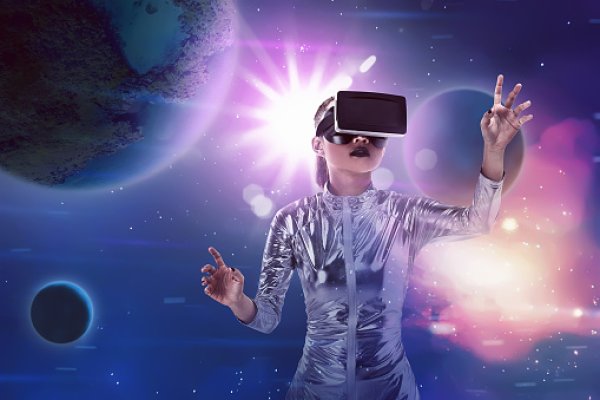OpenAI recently unveiled its AI chatbot, ChatGPT – an advanced natural language processing tool capable of generating human-like conversations. Based on OpenAI’s GPT-2 model, this AI could soon compete with the top players in the industry, such as Google and Facebook’s own AI chatbots.
With a wealth of potential applications ranging from customer service roles to entertainment activities, we are about to witness the dawn of a new era in artificial intelligence and conversational technology—one which foreshadows increased competition among existing market players like Google and emerging challengers like OpenAI. Prepare for an intense battle between man and machine in the quest for Artificial Intelligence domination!
ChatGPT has shown that it is capable of delivering results, regardless of the task, whether it be creating a song in the style of your favorite artist, writing 500 words on the conclusion of World War Two for a homework assignment, composing content for your website, preparing a speech or even coding specific programs. It has done so convincingly.
Many have discussed the potential peril that ChatGPT and other similar applications can have on various professions and our overall educational system if students can get their assignments or apply for college speedily with the aid of these programs.
This technology, despite its advancements, is still relatively new. As of this year, 2021, it only allows text from the internet and does not refresh. It displays information as if it were absolute truth when we know that the web can contain incorrect information, some of which may be more hazardous than others.
We attempted to generate an article for the BBC website. Still, the journalist working on it expressed that much prompting and alterations were required before it was nearly satisfactory. Ultimately, it wasn’t suitable, so we decided not to use it.
Our journalist declared that, while the process created content quickly, it was laborious since he had to continually return to it and request it to provide more details about a particular issue or not stress as much on another.
The people behind ChatGPT have a much more rewarding target than stealing my job. Their real ambition is to enter the multi-billion dollar internet search industry, which is why it has been named the Google killer.
In 2020, Alphabet Inc., the parent company of Google, earned a whopping $104 billion in revenue solely from its search platform. Obtaining only a small portion of this market would be an immense success, which explains why Microsoft has just announced a multi-billion dollar partnership with OpenAI to back their search engine, Bing.
One can only imagine what it would be like to use a search engine where instead of going through pages and pages of links (and ads) for an answer, typing in your query yields one definitive answer. Supposedly leaked pictures of ChatGPT-powered Bing on the internet suggest that this could soon become a reality.
My contacts at Microsoft have remained tight-lipped, yet we know that the company will make some announcements this week. This follows Google’s declaration of their own AI chatbot, Bard, which rivaled Microsoft and ChatGPT’s technology. They have announced in response to all the conjectures regarding Microsoft and ChatGPT.
Bard is powered by Google’s Lamda, a language learning model known for its eerily human-like response. A former engineer who worked on it claimed it was sentient, although Google quickly denied the allegation, and he got fired shortly after.
The tech behemoth has declared an investment of $300m in Anthropic, a firm constructing an adversary to ChatGPT.
Last summer, Meta, the tech giant that owns Facebook, WhatsApp, and Instagram, released their AI chatbot Blenderbot in the US. In March 2023, Baidu announced they would launch an improved version of their chatbot Ernie (also called Wenxin Yiyan) in China.
The release of ChatGPT signals the start of a new age in the development of AI chatbots. These chatbots have the potential to revolutionize how we interact with computers, and they are only getting better as time goes on. Google is already working on its version of a chatbot, and other companies will likely follow suit. It will be interesting to see how this technology develops over the next few years and what new applications arise.
Source: bbc.com



